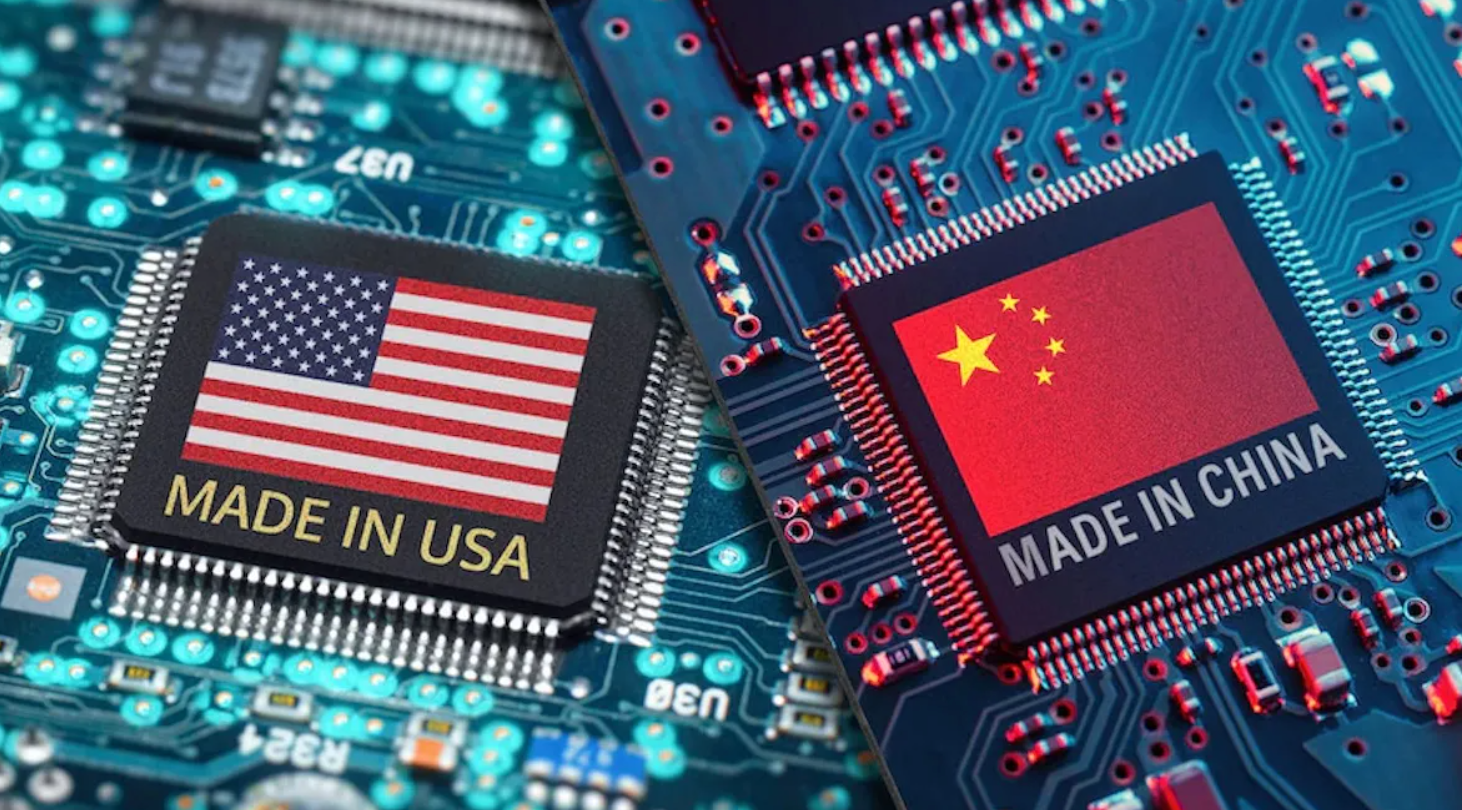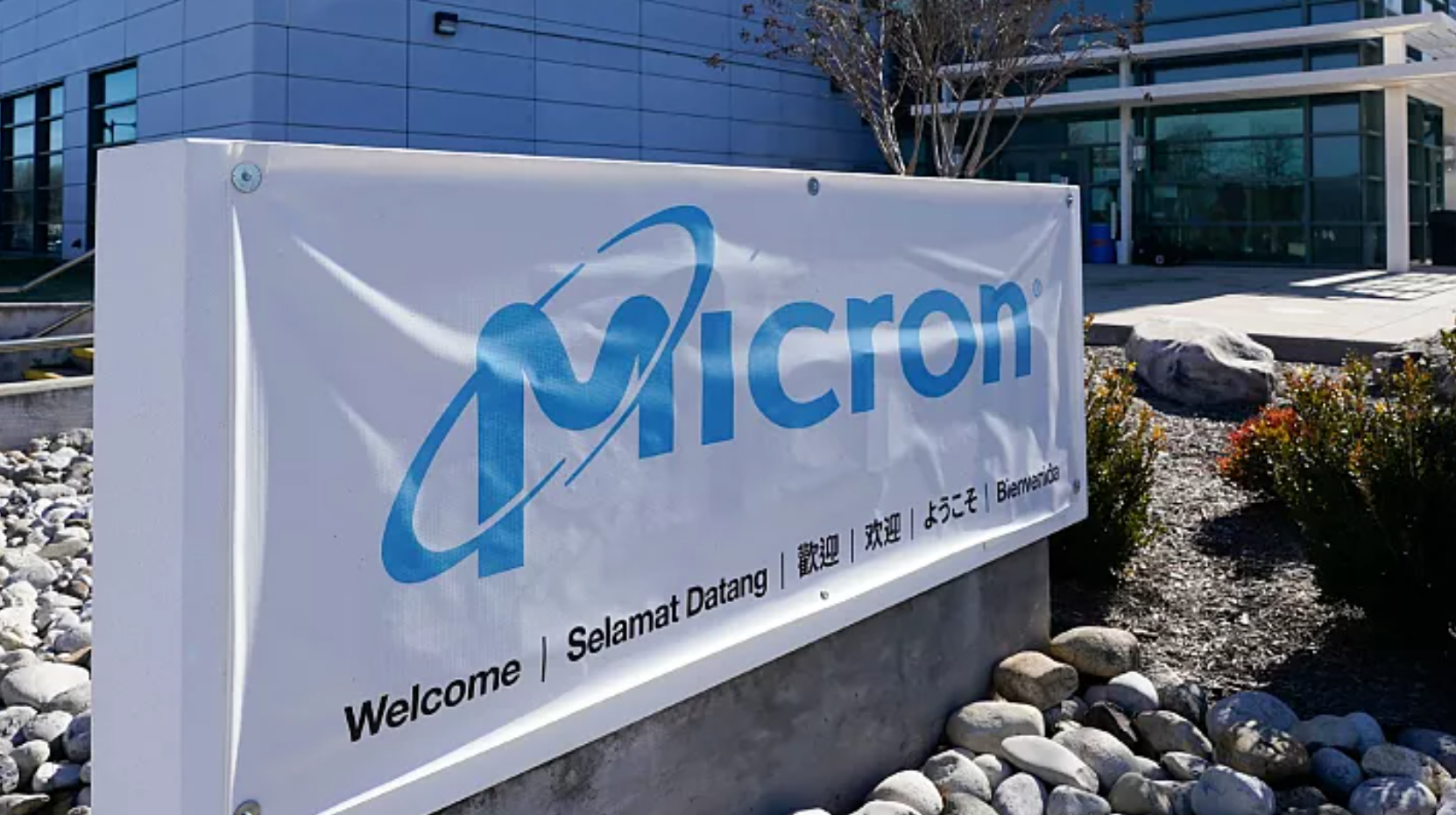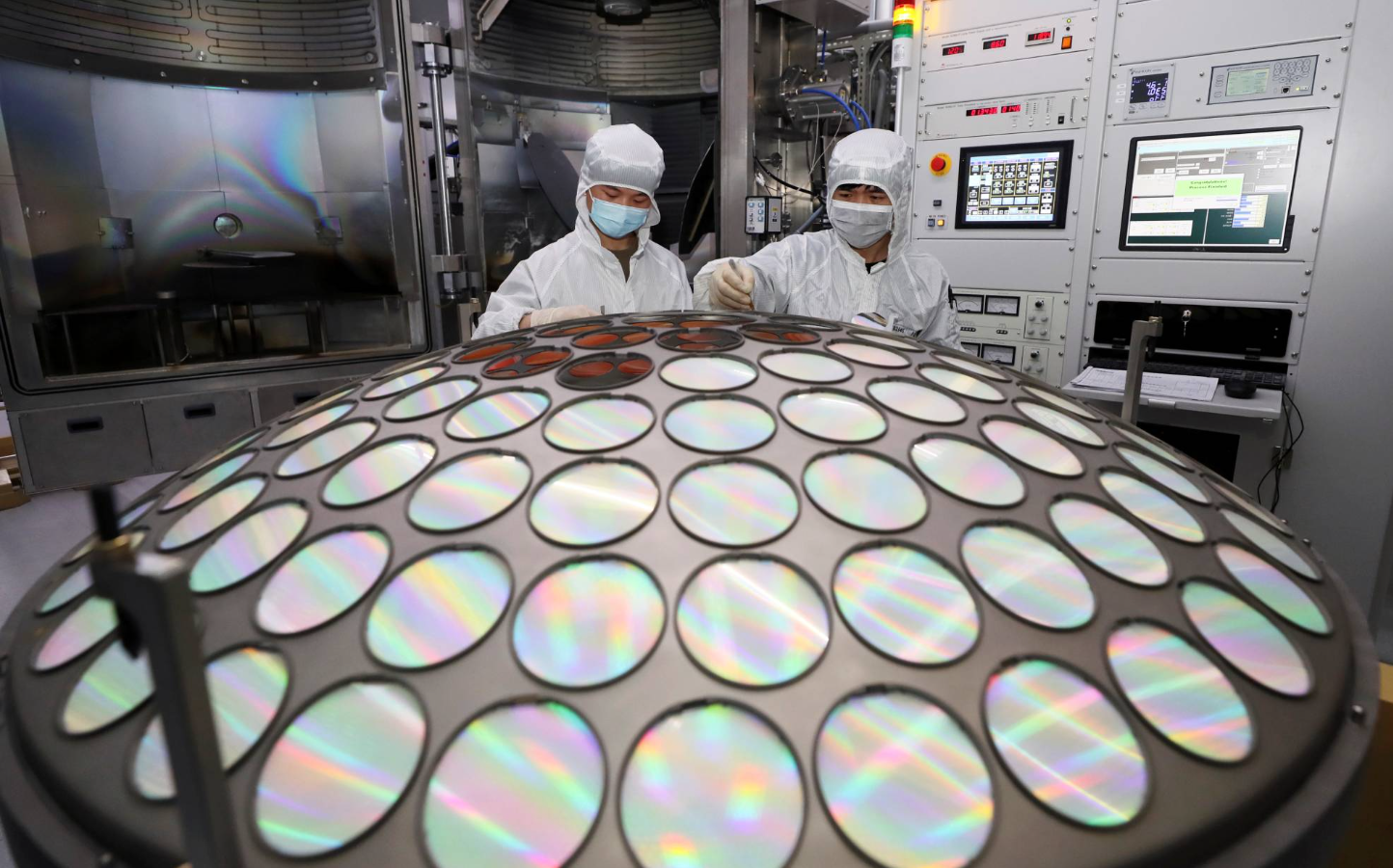US-China 'Chip War': No Winner!
(Baonghean.vn) - US-China tensions continue to escalate after Beijing's latest move to ban the purchase of products from chipmaker Micron - a leading US company.
This move comes amid a growing dispute between the two countries over chip manufacturing technology for critical information infrastructure sectors such as telecommunications, transportation, and finance. According to observers, this move is deepening the dispute between the two “giants” in technology and security, and signals a “zero-sum” war where both sides suffer losses.
Hard blow
In an unsurprising move, the Cybersecurity Administration of China (CAC) recently announced that the US chipmaker Micron had failed a cybersecurity assessment, which banned operators of China's critical infrastructure from purchasing its products. Specifically, the Chinese regulator stressed that the assessment showed that Micron's products posed a relatively serious risk of causing cybersecurity problems.pose a security risksignificant to China's critical information infrastructure supply chain and national security implications. However, the agency did not elaborate on the potential risks and which specific Micron products would be affected by the ban.
 |
The US-China chip war is escalating. Photo: AsiaTimes |
Micron is one of the largest US chipmakers, with more than 10% of its revenue coming from mainland China. Shares of Micron Technology (MU) fell about 3% on Monday following China's announcement. Meanwhile, rival companies in Asia posted new gains. Chinese chipmaker Ingenic Semiconductor rose 2.8%, while Shenzhen Techwinsemi Technology gained 6.3%. In Seoul, SK Hynix, one of the world's largest chipmakers, rose 0.9%. The Chinese regulator's decision comes nearly two months after it began a cybersecurity review of Micron products, a move that was seen as retaliation for sanctions imposed by Washington and its allies on China's chip sector.
While Micron expressed its willingness to discuss with Beijing, in a recent statement, a spokesman for the US Department of Commerce firmly asserted that Washington firmly opposes restrictions that have no basis in reality. That, "this action, along with other recent attacks on US companies, is inconsistent with Beijing's statements about opening its market and its commitment to a transparent legal framework." The US State Department also expressed serious concerns about this ban, and said that the US will cooperate with its allies to resolve this issue.
 |
Micron is the latest victim in the US-China tech war. Photo: AP |
Who is worse off?
The US warning is not just a threat. Just one day before Beijing's ban, leaders of the G7 countries at the Summit in Hiroshima (Japan) harshly criticized Beijing on human rights issues, "non-market" economic policies, Beijing's military activities in the East China Sea as well as the South China Sea... In the landmark joint statement, the G7 group, although emphasizing the need to cooperate with the world's second largest economy, still needs to focus on fighting against Beijing's "malicious" or "coercive" actions.
Previously, the US hadban on installing TikTok applicationon government equipment and imposed restrictions on the export of certain advanced computer chips to China. Looking back since October 2022, the Washington administration has imposed a series of export controls on US chip components and equipment to China in an attempt to block China's access to important technology for military purposes. More recently, in March, two US allies, Japan and the Netherlands, also announced restrictions on the export of chip manufacturing technology abroad to countries including China.
It is understood that chips are now the strategic focus of Beijing in its efforts to become a technological superpower. China is pouring $220 billion into accelerating the development of the chip industry, gradually reducing the need to use foreign technology, aiming for self-sufficiency. China already has its own chip manufacturers, but these units mainly supply low- to mid-range microprocessors used in home appliances and electric vehicles. One reality that Beijing is forced to admit is that the country still has to depend on advanced chip technology from the US and its allies. Therefore, the new ban will be a factor that slows down the process of modernizing China's chip industry.
 |
Workers work on a semiconductor chip production line at Jiangsu Azure Corp in Huai'an, Jiangsu province (China). Photo: China Daily/Reuters |
On the other hand, American companies will also suffer significant losses when they are out of the hands of a major market like China. Therefore, economic experts are warning US lawmakers to carefully consider imposing further trade restrictions on China. More broadly, the escalating “chip war” is posing a serious risk of disruption to the global production chain of many other important products such as computers or cars. The risk of politicizing technology will also not be excluded in international cooperation on clean energy or pharmaceuticals - urgent issues of the world today. In this scenario, perhaps both sides will be losers!

